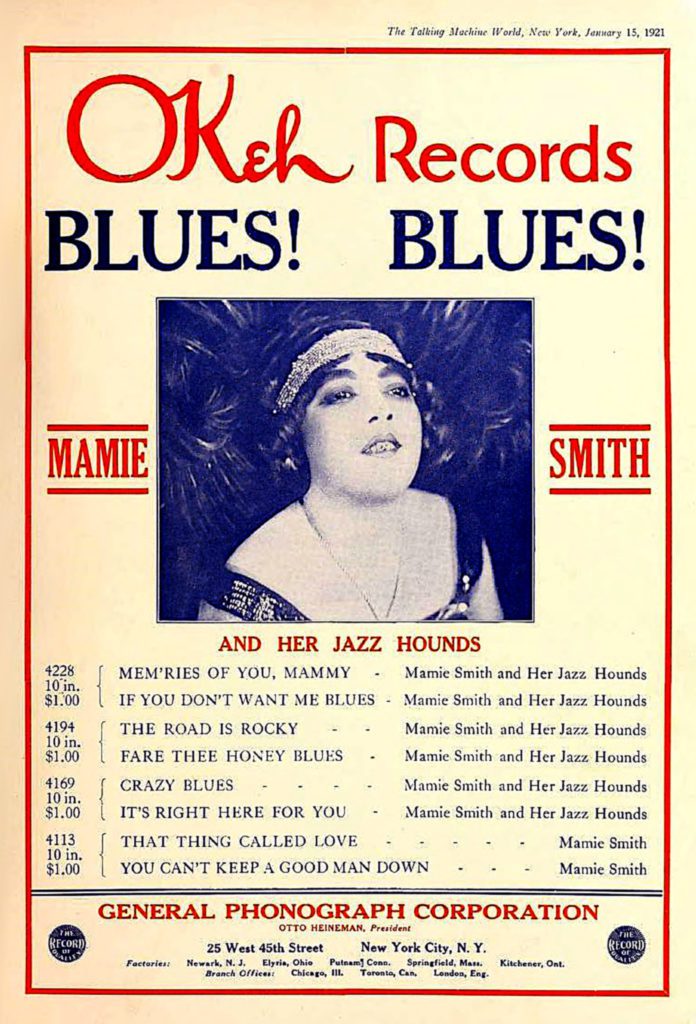By: Sonah Bundu
MWF - 1:00pm-1:50pm
11/17/21
The History/Importance of African American music –
African American music has been the outlet for young black voices to express their identity, culture, and life experiences for years. The messages that we hear in rap music can be rooted from trauma from the oppression that our people are facing or even just liberation from the unity that our community brings. We can hear R&B and immediately think about love and loss. WE have been blessed with the production of Gospel music that brings rejoicing and spiritual movement. Either way, this production of African American music has caused these genres involved to flourish into a profitable cause. But the question is how?
The obsession around the culture around African American music dates back to slavery. The progression of African American evolved during slavery. The smooth bang of the drum, the swift movements of strumming coming handmade instruments–these sounds were deemed interesting and indifferent to their oppressor. Minstrels were shows put on by white people for entertainment while they mocked, stereotyped, and dehumanized black people while wearing black face. Even some of the first instruments that included banjo, the drums, the bones, etc were used in these minstrel shows to mock African Americans. Sooner or later, by the late 1850s, African Americans began participating in these shows in order to reappropriate their culture and began putting on shows on their own.

Race Record and their importance: Black audiences had discovered that they could go out and buy records after Mamie Smith recorded songs that were downplayed by her race at first. After artists like Mamie Smith recorded Crazy Blues which was the first blues record, it sold 100,000 copies and everyone, meaning the white folks, wanted to record race records. Not limiting these records to just white people, Black Swan Records released about 150 race records. Many black artists became ponds and props and were being excluded from recognition from these records. Eventually, race records were rebranded as the rhythm and blues recordings captured artists such as Smith and Armstrong.
A long history behind music is covered up with the fact that white people had been profiting off of black talent, pain , art, and culture for years.
the minstrel shows period, came the introduction to blues and jazz near the 1900s. In New Orleans, Lousiana Jazz was born. Blues developed mainly in Chicago and incorporated electric guitar whereas Black jazz musicians primarily brought the sounds of New Orleans to New York. As these genres gained popularity, especially amongst white Americans, white artists began to commodify and exploit black musicians and artists. The music industry began solely profiting off of black music and their art.
The blues then evolved into what is now known as rock and roll and jazz expanded into funk and R&B. During this time, so many black artists began coming together and producing music during the civil rights era. Motown records then emerged in Detroit and soon after this record label became the shift that led black artists into becoming more intertwined with their music and culture. The audience that appealed to these genres are white people.
Race Records and their importance: Black audiences had discovered that they could go out and buy records after Mamie Smith recorded songs that were downplayed by her race at first. After artists like Mamie Smith recorded Crazy Blues which was the first blues record, it sold 100,000 copies and everyone, meaning the white folks, wanted to record race records. Not limiting these records to just white people, Black Swan Records released about 150 race records. Many black artists became ponds and props and were being excluded from recognition from these records. Eventually, race records were rebranded as the rhythm and blues recordings captured artists such as Smith and Armstrong.
A long history behind music is covered up with the fact that white people had been profiting off of black talent, pain , art, and culture for years.



